We independently evaluate all recommended products and services. If you click on links we provide, we may receive compensation.
Naps are always a good idea — in theory. We love nothing more than to lie down in the middle of the day and catch up on some much-needed sleep. But while we hope that our midday snooze will leave us feeling refreshed and alert, often it leaves us groggy. We're not advocating for taking fewer naps, though — we love them. But you can make a few tweaks to get the most out of your adult nap time. When done right, naps offer many benefits, such as relaxation, improved mood, increased alertness, and reduced fatigue. Below, we've rounded up six science-backed tips to help you take the healthiest naps of your life and wake up feeling refreshed and renewed.
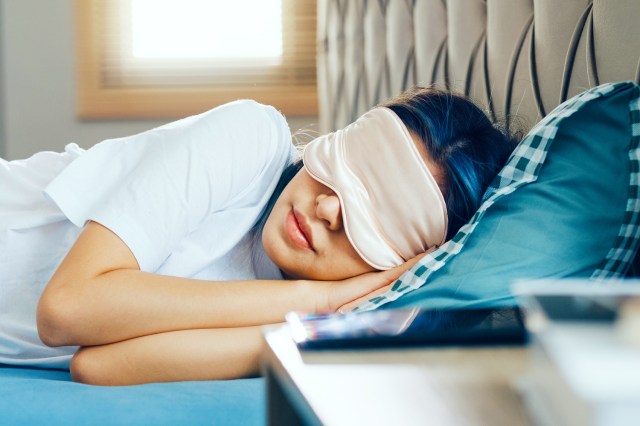
Set the Vibe
Naps may be short, but they deserve the same care and attention as nighttime sleep. The Mayo Clinic advises practicing good sleep hygiene to get the most out of your nap. When you're ready to snooze, find a cool, dark, and quiet space. If you're napping on the go, such as on a plane or train, consider investing in an eye mask, ear plugs, and neck pillow. These accessories will keep you comfortable and help keep distractions at bay, enhancing the quality of your nap.

Keep Naps Short
While it may be tempting to indulge in a one- or two-hour-long nap, keeping your midday siesta short is key to waking up alert. The National Institute for Occupational Safety and Health advises those working a full eight-hour day to limit naps to 15 to 30 minutes. This length is enough to help you feel refreshed without falling into a deep sleep, ensuring you wake up ready to tackle the rest of your day. Longer than that can leave you groggier and more tired than you were before.
Do you know that feeling of waking up in the middle of the night without knowing where you are? According to the University of Rochester Medical Center, that's a condition called sleep inertia, which happens when you nap for too long. While the feeling doesn't usually last long, it can leave you prone to accidents. To minimize this risk, keep your naps short and sweet.
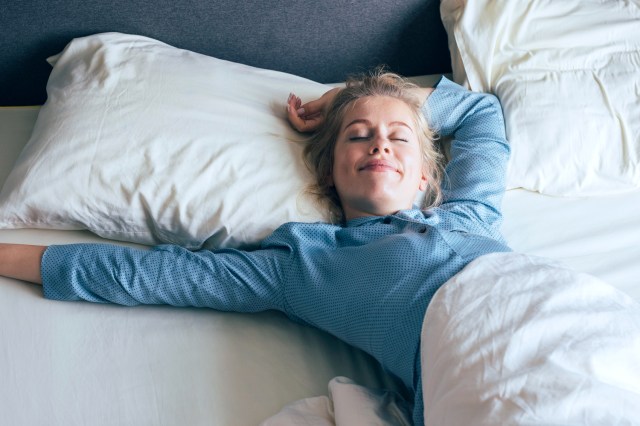
Don't Linger in Bed
We like bed rot as much as the next person, but if you hope to be alert and productive after your nap, it's best to stand up and get active quickly. Moving your body will alert your brain that nap time is over, helping to shorten the effects of sleep inertia. The Sleep Foundation also recommends turning on the lights and/or opening the shades, and even splashing cold water on your face.

Nap Early
Timing your naps is essential to ensure one snooze doesn't completely disrupt your regular sleep schedule. The Mayo Clinic suggests avoiding naps after 3 p.m., as they can disturb the sleep pressure that builds throughout the day, making it harder to fall asleep at night. Move this nap time up even more if you like to go to bed on the early side.
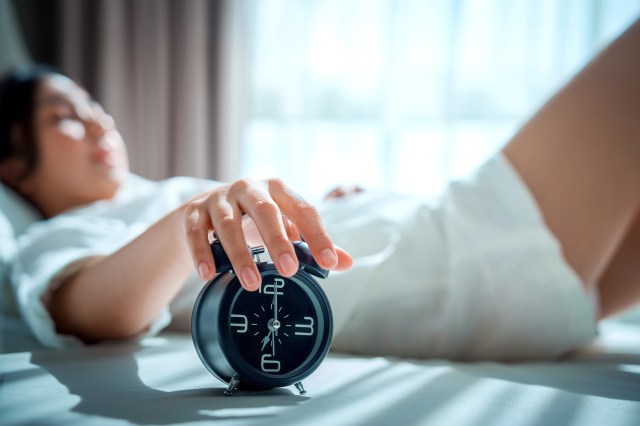
Use an Alarm
Much like waking up on time for work, waking up promptly after a nap will likely require an alarm — we don't suggest you leave this up to chance. You may tell yourself that you'll wake up in 20 minutes, but the next thing you know, it's 1 a.m. and you’ve missed your very expensive dinner reservations. Set your alarm, and don't let one snooze derail your entire day.
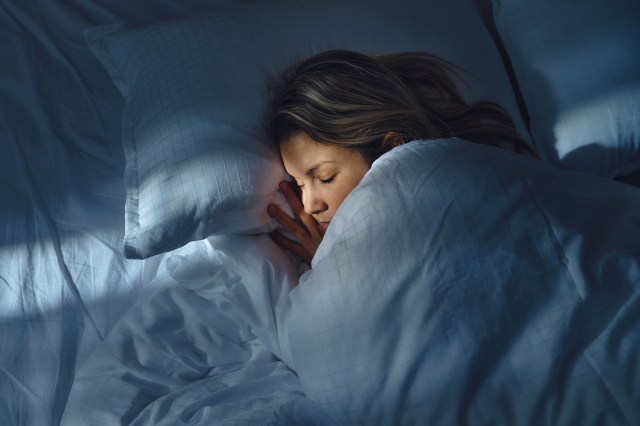
Prioritize Nighttime Sleep
As much as we love naps, a 20-minute one won't make up for chronic overtiredness. Sadly, “catching up” on sleep doesn’t work. If you find yourself unable to get through the day without a nap, consider tweaking your nighttime sleep routine. That could mean going to sleep earlier, investing in a white noise machine to help you fall or stay asleep, or switching up your bedding to improve comfort. A good night's rest will set you up for success and make the occasional nap that much sweeter.
This article is for general informational purposes only.
Affiliate Disclaimer Medical Disclaimer





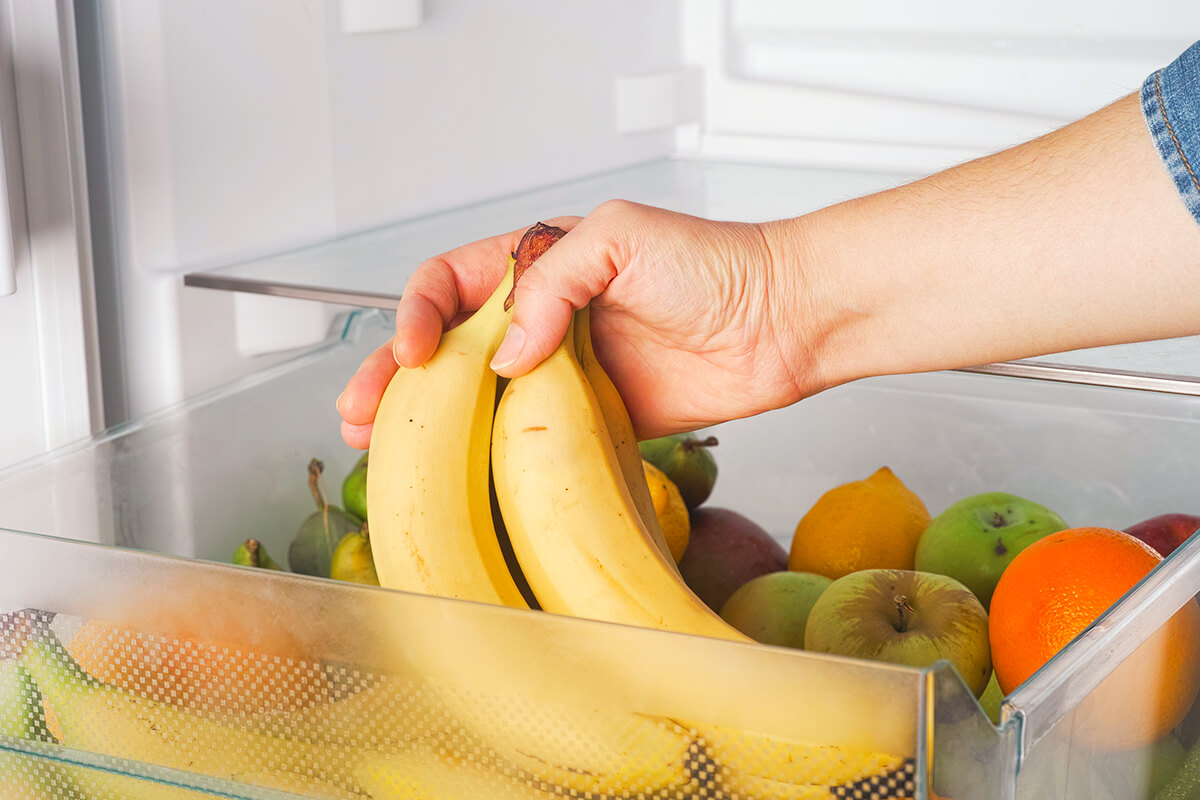


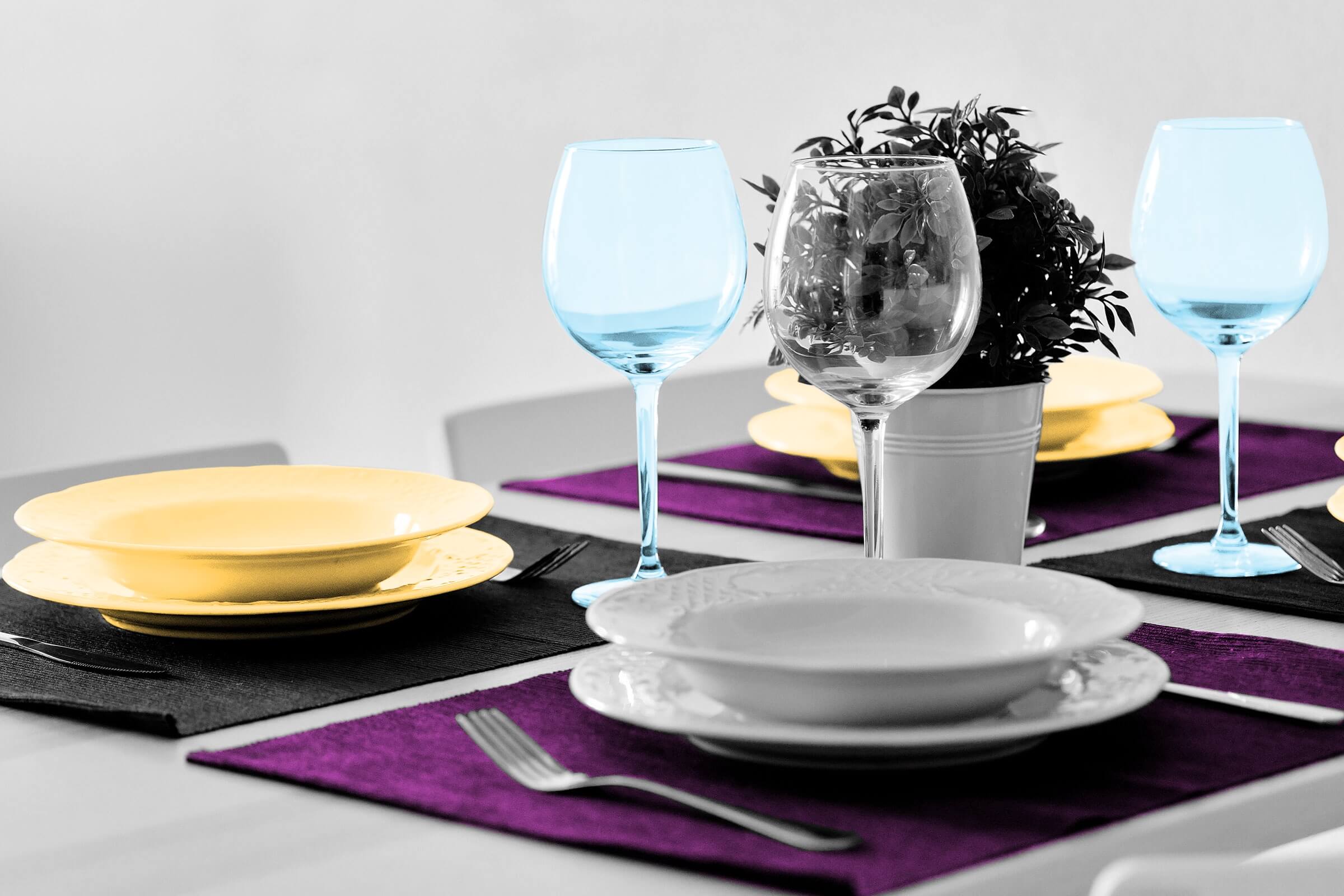

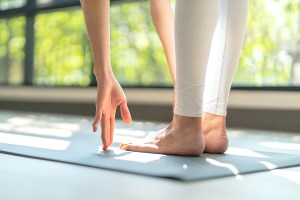

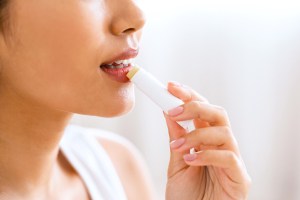



 Unique Beauty is free for all users.
Unique Beauty is free for all users.